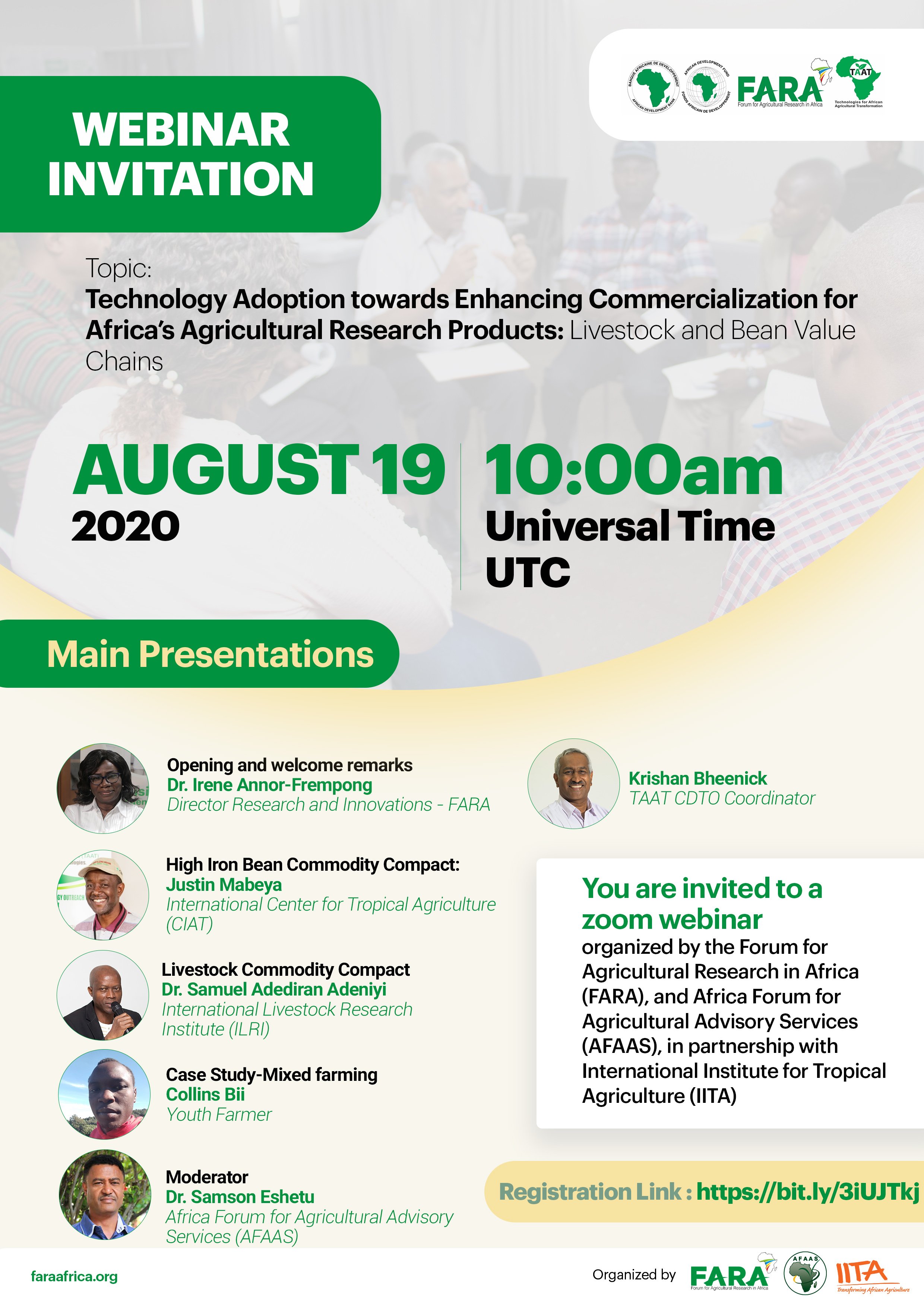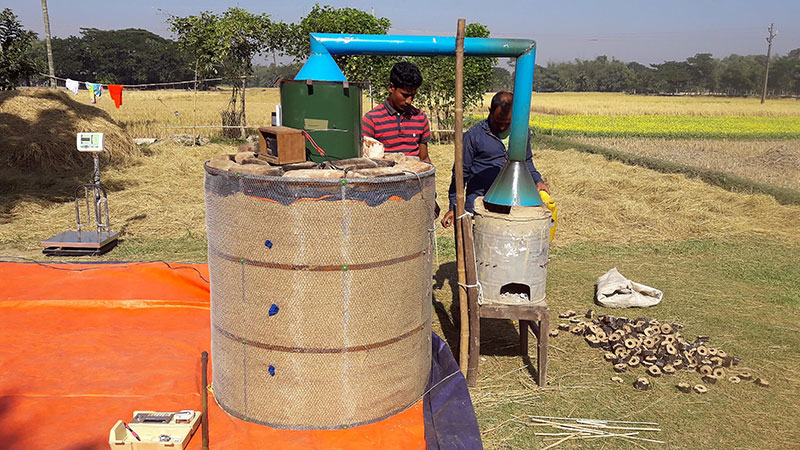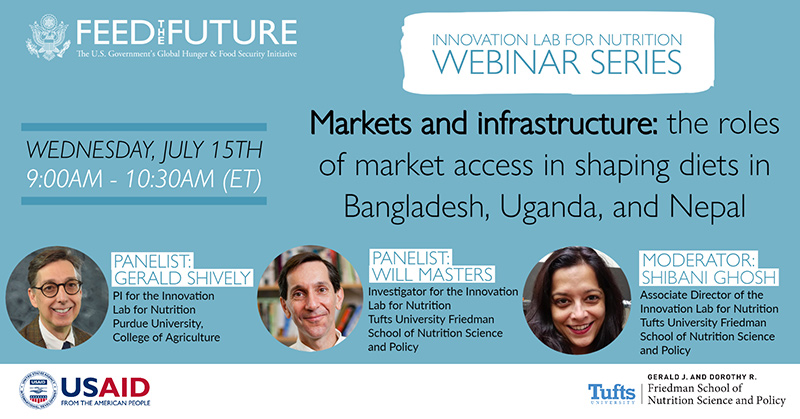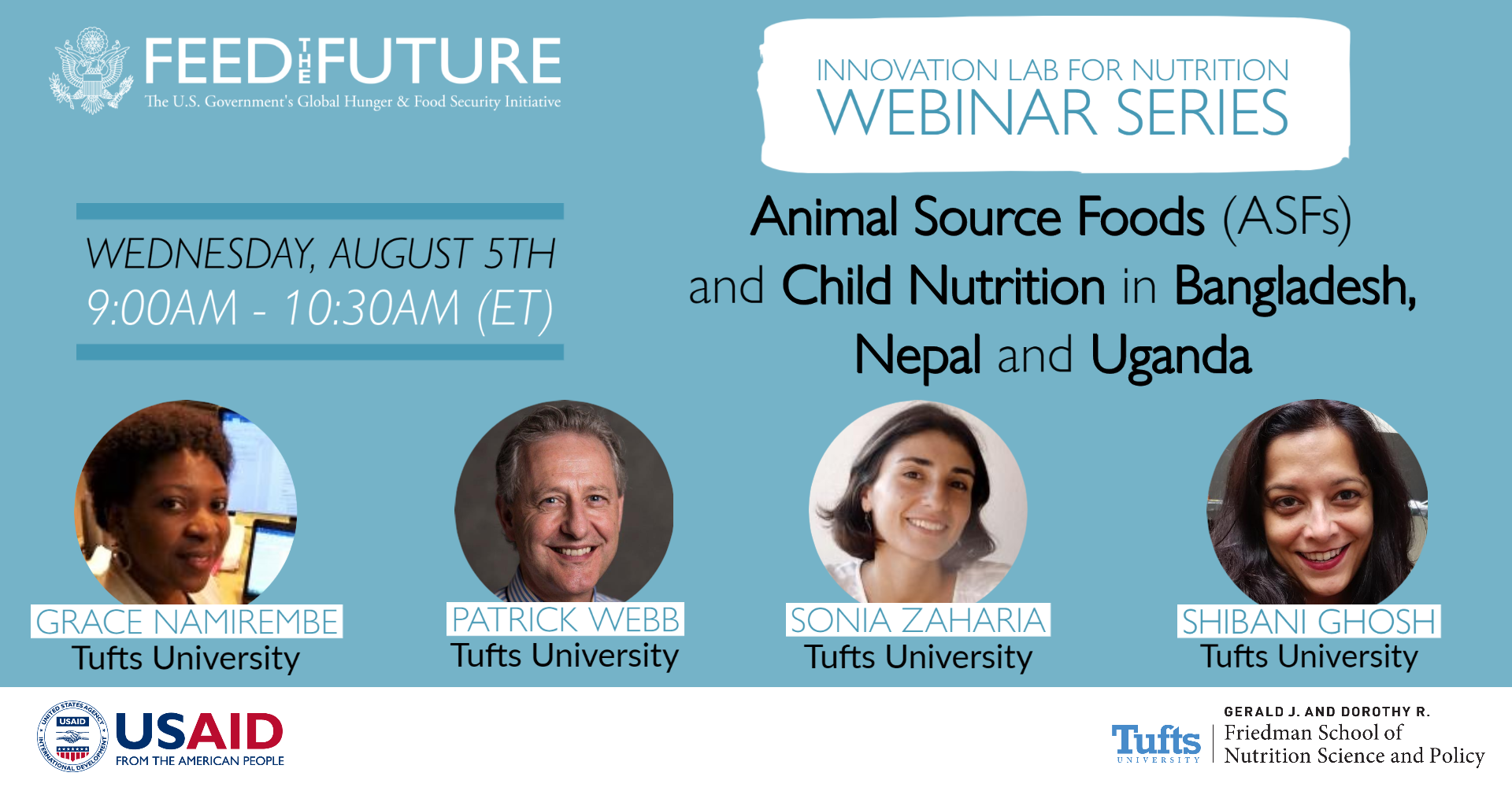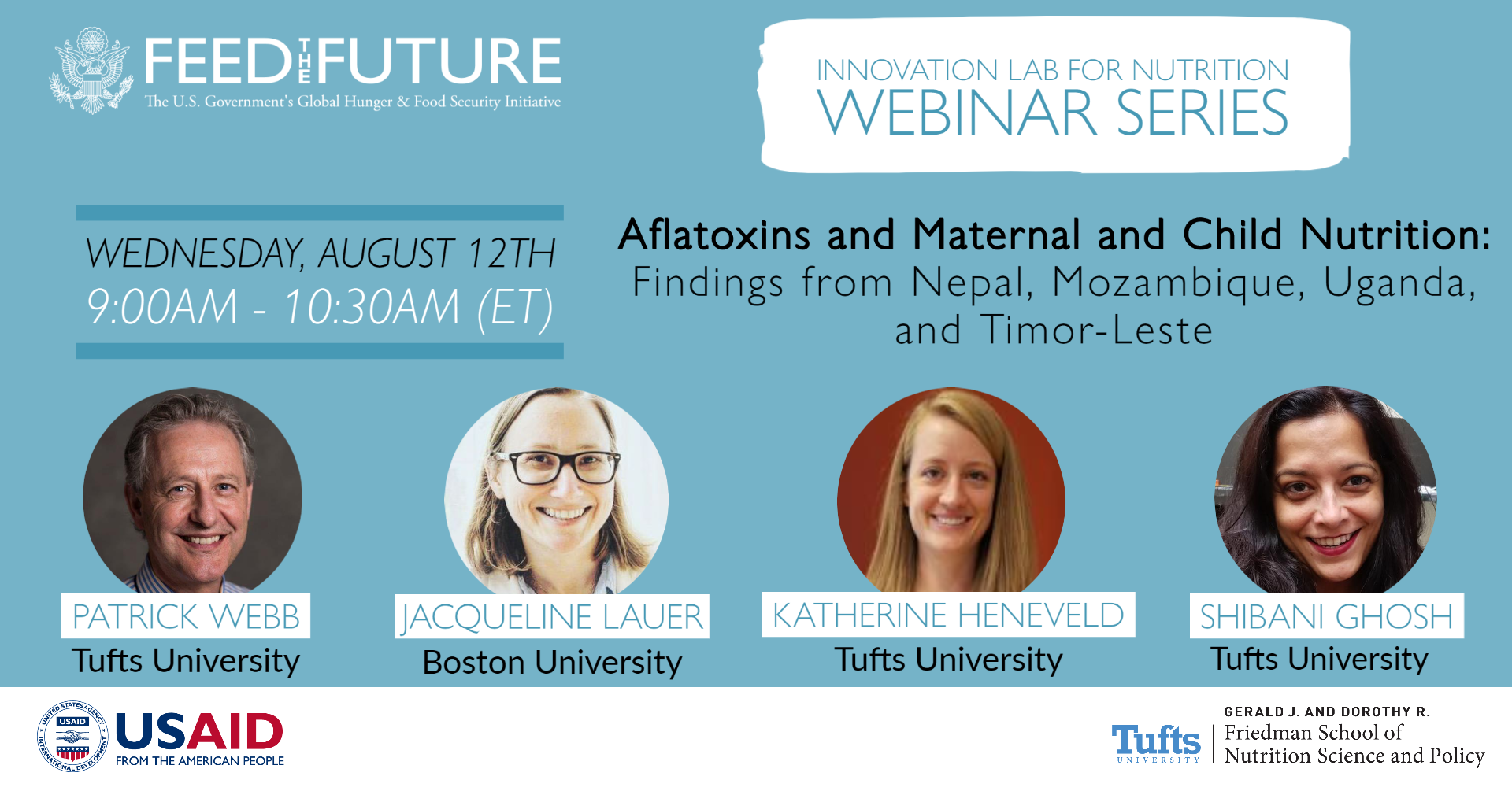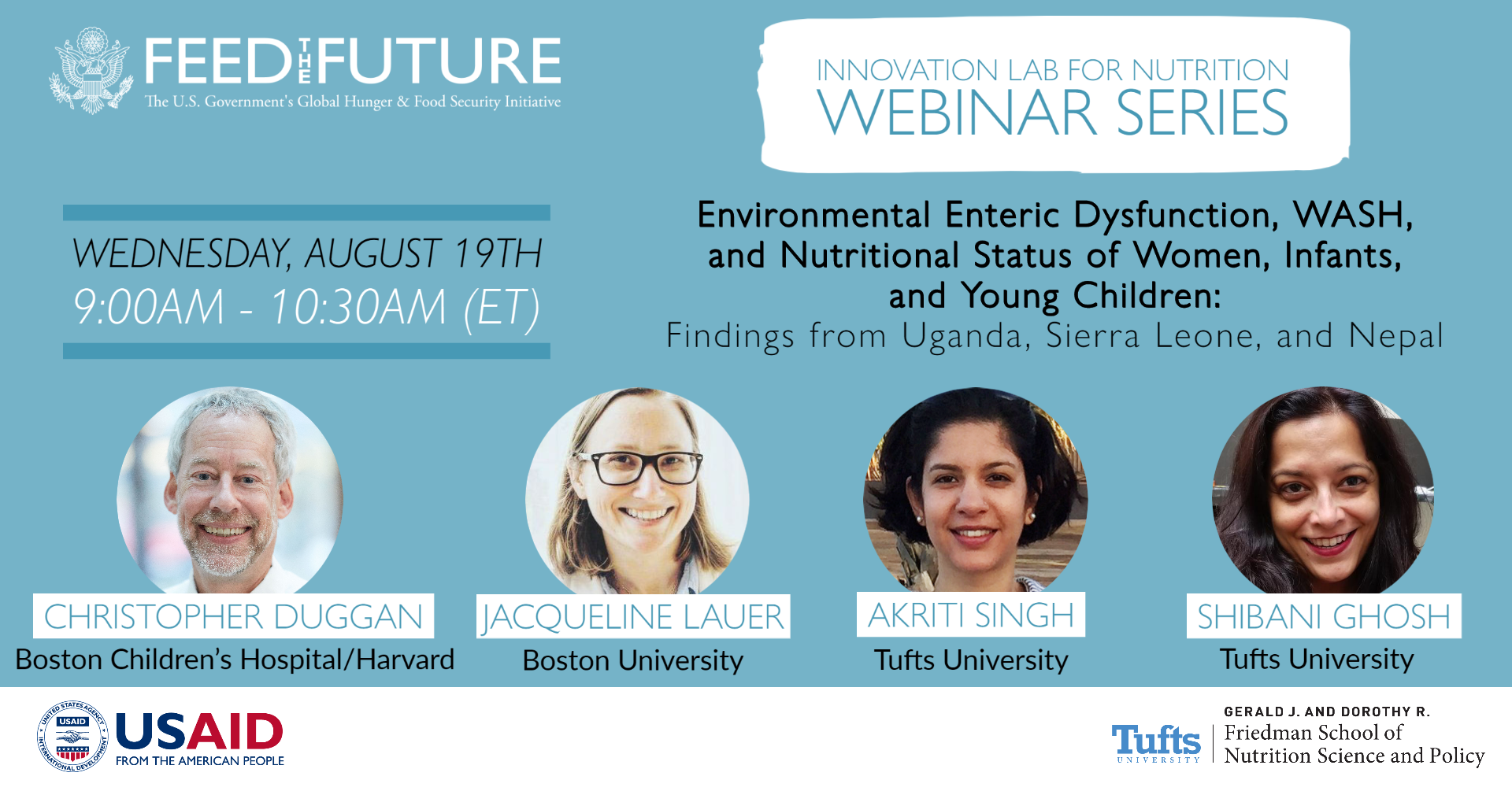“It’s generally known that some potato samples from CIP have played an important role inVivian is the lead author of a paper published in Food Security that did just that, estimating that the economic benefits of one improved potato variety in one country in a single year were 10 times greater than the annual running costs of the CIP genebank.
the release of improved varieties grown by smallholder farmers in lower-income countries,” “but we need to document this process much better if we are to really make the case for the importance of genebanks.”said Vivian Bernal-Galeano,
The potato variety in question, which is called Victoria, is mainly derived from CIP material. Its release has resulted in gross economic benefits of USD 42 million per year in Uganda over a 25-year period according to the study, which was conducted as part of the Genebank Impacts Fellowship Program supported by the CGIAR Genebank Platform. Vivian and her co-authors used biological, agricultural, and market data to measure the economic contribution of the CIP genebank to the impact of the improved potato variety in Uganda.
“We followed a three-step process to estimate the economic value of a genebank sampleBased on its pedigree, the researchers determined that the CIP genebank contributed to 72% of the genetic makeup of Victoria.
that a plant breeder used to develop an improved variety. The first step is to figure out the genetic contribution of the sample to the finished variety. We call this ‘apportioning’. Then we have to calculate how much of a farmer’s gain in productivity can be ‘attributed’ to the improved variety, rather than something else. And finally we have to give a dollar ‘value’ to this productivity gain. The product of these three represents value of the original sample from the genebank.” co-author Melinda Smale, a professor of International Development at Michigan State University.
“We found that landraces, wild species and other materials held long-term in the genebank contributed 30% to Victoria’s pedigree , and CIP-derived breeding materials also supported by the genebank contributed another 42%,” said Vivian.






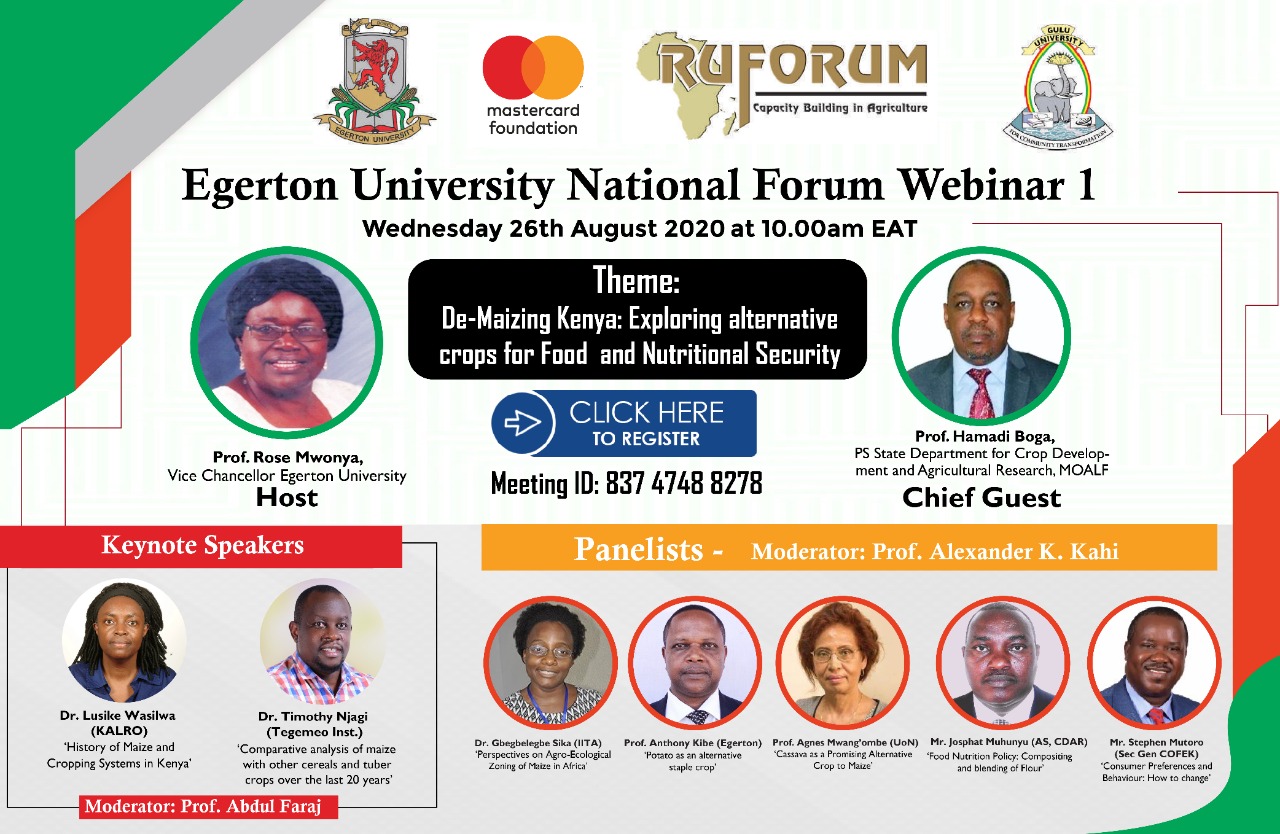


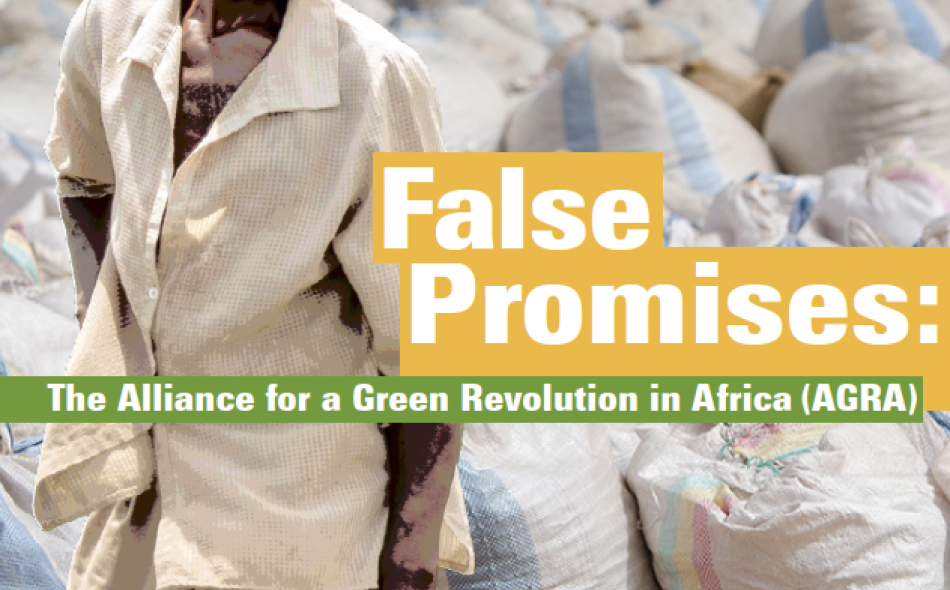













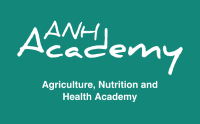
 Shirley Isibhakhomen Ejoh, University of Ibadan
Shirley Isibhakhomen Ejoh, University of Ibadan H.A. Akintoye, National Horticultural Research Institute (NIHORT)
H.A. Akintoye, National Horticultural Research Institute (NIHORT) Caleb Olanipekun, World Vegetable Center
Caleb Olanipekun, World Vegetable Center Moderator
Moderator 
